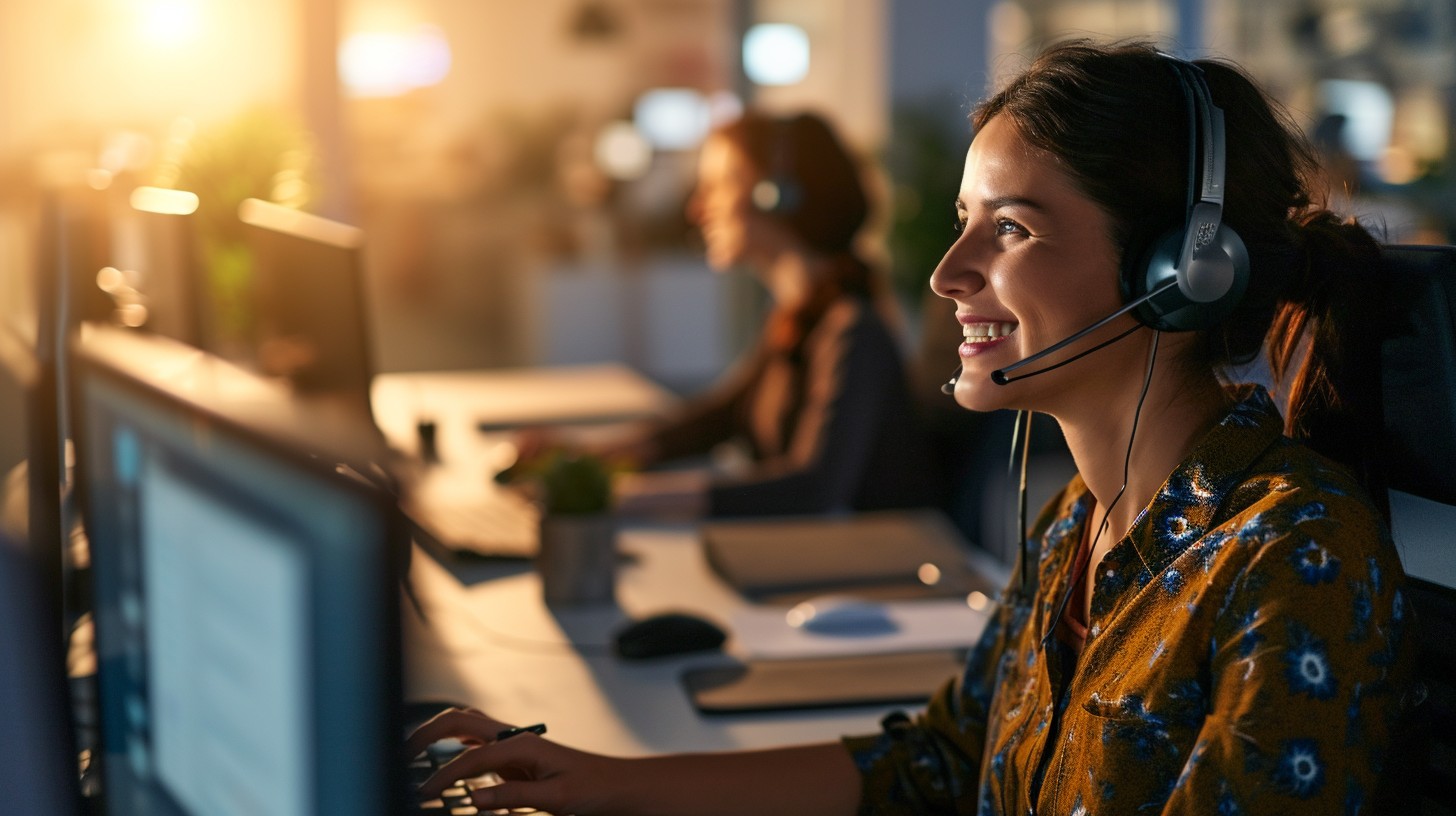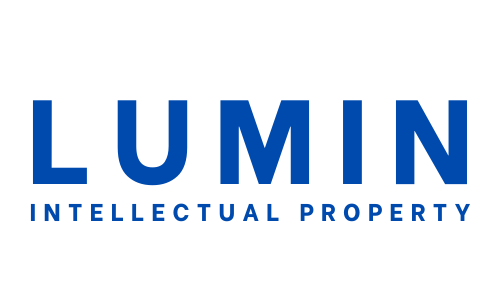
The Intersection of Copyrights and AI in Egypt
As artificial intelligence continues to evolve, its impact on creative industries becomes increasingly significant, requiring a re-evaluation of existing copyright frameworks. The intersection of AI within different creative processes raises essential questions about authorship, ownership, and infringement. This article explores the implications of AI on copyright in Egypt, the legal challenges it presents, and potential solutions.
Current Copyright Framework in Egypt
Egypt’s copyright law is governed primarily by Law No. 82 of 2002 on the Protection of Intellectual Property Rights. This law protects and grants authors exclusive rights to reproduce, distribute, and display their work. Under article 138 (3), the law requires a human author for a work to be protected. However, the rise of AI-generated content complicates this framework.
Questions of Authorship and Ownership
A central question in the context of AI is whether works created by AI can be copyrighted and, if so, who holds the rights. For example, if an AI algorithm is prompted to generate a piece of music, a painting, or a book, can it be considered an author under Egyptian law? Currently, the law stipulates that only human authors can claim copyright protection, leaving AI-generated works in a legal gray area.
This situation raises more questions: Who should own these rights? Is it the developer of the AI, the user who initiated the creation, or the AI itself? As of now, Egyptian copyright law does not explicitly address AI-generated works.
Copyright Infringement Concerns
Additionally, the potential for copyright infringement escalates with the use of AI, particularly regarding how AI algorithms are trained. Generally, AI tools learn from large datasets, which may include copyrighted materials. In Egypt, this raises concerns about whether such use constitutes fair use or infringes on the rights of the original creators.
If an AI-generated work closely resembles a copyrighted piece, questions arise about liability. Who is held responsible? Is it the developer of the AI or the user?
Fair Use Provisions
Egypt’s copyright law includes provisions related to fair use under articles 171 and 172, allowing limited use of copyrighted material without the permission of the author for purposes such as criticism, analyzing, news reporting, or teaching. However, applying this doctrine to AI-generated works can be complex. That’s why fair use needs to be understood in new ways when it comes to AI.
Calls for Legal Reform
Given the rapid advancement of AI and its implications on copyright in Egypt, there is a growing call for a legal reform. Egyptian lawmakers should establish clear definitions of authorship concerning AI-generated works, outlining the rights of programmers, users, and potentially the AI itself.
Additionally, developing specific licensing agreements for AI-generated works could greatly assist in managing rights and responsibilities. Such agreements would empower creators to determine how their content can be utilized by AI algorithms, ensuring they retain control over their intellectual property.
Revising fair use provisions to account for the transformative nature of AI-generated content is crucial. By updating these guidelines, lawmakers will provide clarity for both creators and users, helping them navigate the complexities of using AI in creative processes.
Finally, encouraging the use of public domain materials for AI training could ease concerns about copyright infringement while fostering creative expression.
Conclusion
The intersection of copyright and AI in Egypt presents a complex landscape filled with both challenges and opportunities. As AI increasingly influences creative industries, it is crucial for lawmakers, creators, and tech developers to engage in dialogue to establish a framework that protects the rights of creators while fostering innovation.
At Lumin IP, we specialize in intellectual property law and are dedicated to helping creators and businesses understand and protect their rights in this rapidly changing area. Whether you need assistance with copyright litigation, licensing agreements, or navigating the implications of AI-generated content, our experienced team is here to provide tailored legal solutions. We invite you to reach out for a consultation to explore how we can support your innovative endeavors while safeguarding your intellectual property rights.
– Salma Hatem, Nov.2024

Get in Touch
Let’s Protect Your Ideas
